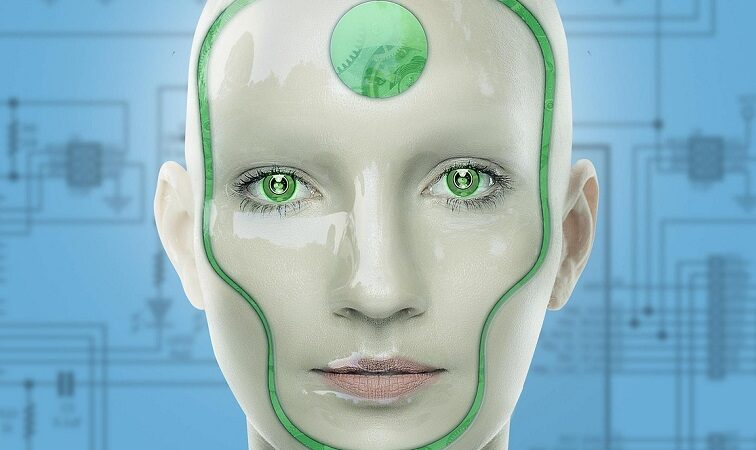It’s the End of the World as We Know It

across cultures and epochs. From ancient prophecies of apocalyptic destruction to modern-day existential threats posed by climate change and technological upheavals, humanity has perpetually grappled with the concept of its own demise. This article delves into the multifaceted facets of the “end of the world” narrative, examining its historical roots, contemporary interpretations, and the existential questions it raises about the future of our species.
Table of Contents
ToggleHistorical Perspectives on Apocalypse
Ancient civilizations, from the Mesopotamians to the Mayans, held beliefs in cyclical destruction and renewal. These narratives often centered around celestial events or divine punishment, embodying a cyclical view of history where apocalypse represented not just an end but a transformative rebirth. The Judeo-Christian tradition introduced the concept of a final judgment day, where humanity’s deeds are weighed and the righteous are rewarded, while the wicked face eternal damnation—a narrative that persists in various forms across many religions and cultures.
Modern Interpretations and Scientific Insights
The Industrial Revolution and subsequent advancements in science and technology ushered in new fears and speculations about humanity’s impact on the planet. Climate change, nuclear warfare, and environmental degradation emerged as tangible threats that could potentially precipitate global catastrophe. Scientific insights into the Earth’s ecosystems and climate dynamics have provided empirical evidence supporting these concerns, raising alarms about the sustainability of current human practices and the fragility of our planet’s ecosystems.
The Role of Literature and Media
Literature and media have played a pivotal role in shaping popular perceptions of apocalyptic scenarios. From Mary Shelley’s “The Last Man” to H.G. Wells’ “War of the Worlds,” dystopian and apocalyptic fiction has served as both cautionary tales and reflections of contemporary anxieties. In the 20th and 21st centuries, films like “Mad Max” and “The Matrix” have depicted bleak visions of societal collapse, while television series like “The Walking Dead” explore the breakdown of social order in the face of a global pandemic—each narrative reflecting underlying fears and uncertainties about the future.
Environmental Concerns and Existential Threats
At the forefront of contemporary apocalyptic discourse is the issue of environmental sustainability. Climate change, deforestation, species extinction, and pollution are widely recognized as existential threats that could potentially lead to irreversible damage to ecosystems and human civilization. The scientific community warns that unless drastic measures are taken to mitigate greenhouse gas emissions and conserve biodiversity, the Earth may face catastrophic consequences in the coming decades, altering life as we know it.
Technological Advancements and Ethical Dilemmas
In parallel, rapid advancements in technology present both promises and perils for humanity’s future. Artificial intelligence, genetic engineering, and nanotechnology offer unprecedented opportunities for innovation and progress, yet also raise ethical dilemmas regarding their potential misuse or unintended consequences. Concerns about the societal impact of automation on employment, privacy issues in the digital age, and the existential risks posed by superintelligent AI reflect broader anxieties about the trajectory of technological development and its implications for human existence.
Cultural Responses and Resilience
Despite these existential concerns, human history also bears testament to our resilience and capacity for adaptation in the face of adversity. Throughout millennia, societies have endured natural disasters, wars, and pandemics, demonstrating an innate ability to rebuild and forge new paths forward. The arts, sciences, and philosophy continue to provide avenues for contemplation, expression, and collective action, offering hope and inspiration amidst uncertainty.
Conclusion
As we navigate the complexities of the 21st century, the concept of the end of the world remains a potent symbol of humanity’s collective fears and aspirations. Whether viewed through the lens of ancient mythologies, scientific predictions, or cultural narratives, the idea of apocalypse challenges us to confront the consequences of our actions and envision alternative futures. By embracing scientific inquiry, ethical stewardship, and cultural creativity, we have the opportunity to shape a more sustainable and resilient world—one that acknowledges our vulnerabilities while celebrating our capacity for resilience and renewal.
In essence, it may indeed be the end of the world as we know it—but it is also a call to reimagine and redefine what comes next.
This article explores various facets of the “end of the world” narrative, examining its historical roots, modern interpretations, and the existential questions it raises about humanity’s future.






